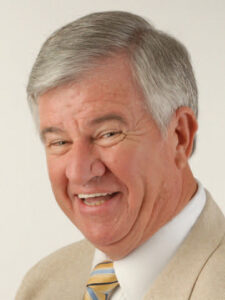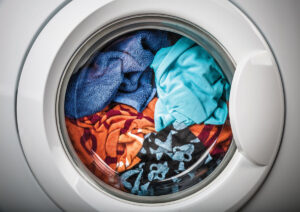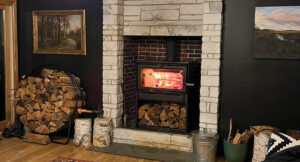 Yes, you know the rest; the more they remain the same. It is unbelievable, isn’t it? Another year has passed. Well HAPPY NEW YEAR again. As I was thinking about this column and the ways that we could best help you in this New Year, I also reflected on the past.
Yes, you know the rest; the more they remain the same. It is unbelievable, isn’t it? Another year has passed. Well HAPPY NEW YEAR again. As I was thinking about this column and the ways that we could best help you in this New Year, I also reflected on the past.
I thought about many of the ways the world has changed since I wrote my first column. I also thought about how much faster and busier life seems to be with the technology revolution. Then I thought about the great opportunity we have had to help so many people have more energy efficient and affordable houses.
Just last evening a man said to me, “Y’all have done a good job teaching folks about energy construction. I walked through several houses under construction recently and all of them were using Marathon electric water heaters and cellulose insulation. I believe that they learned to do that from y’all.”
With further discussion, I learned that “y’all” was referring to the electric co-ops and me. Well, I love to hear comments like that.
What we teach is good for the consumer, good for the environment and good for our nation. I have never had a single person say to me that teaching energy efficiency is a bad thing. So we will continue to teach in 2014, and we will try to do our best ever. We will use several methods to help you have a more energy-efficient house including this column, seminars and www.smartenergytips.org.
As I thought about the ways things have changed through the years, it occurred to me that energy efficiency, as relating to houses, has remained the same. I believe if we made a list of every item that affected the energy efficiency of both a 30-year old house and a brand new house, the two lists would essentially be the same.
Of course, we would expect the new house to be the most energy efficient of the two, and, in most cases, it would be — but not always. If the owner of an older home has corrected the house’s energy inefficiency issues, it could easily be more energy efficient than a newer one.
I often get a call at the office where the caller starts by saying, “I live in a 50-year-old house and …” I can tell by the sound of the caller’s voice that he or she has doubts as to what can be done, or if there is even anything feasible to do that will make the older house more energy efficient. Well, the answer is nearly always, yes.
It should be obvious by now that a list is important. And what is on that list? Well, it needs to identify the energy efficiency needs of your house only. That list should be based on facts and not guesses. In the 2014 columns, we are going to do our best to help you know what needs to be on that list and to teach you how to make improvements so that you can start reducing the number of items on the list. We encourage you to not only read the columns, but to save them for further references. So, since it is already 2014, let’s get started.
Without a doubt, the best way to know about the energy efficiency of any house is to obtain a detailed energy audit.

Doug Rye can be heard on several different Illinois radio stations. You can go to Doug Rye’s Web site at www.dougrye.com, e-mail him at
info@philliprye.com, or call 501-653-7931.
I often tell folks that you will learn more about your house in a couple of hours with a good energy audit than you will learn in years without one. If your house has comfort problems or high utility bills and you are a member of an electric co-op, I suggest you call your electric co-op and request an energy audit. And the sooner you call, the better because the audit will almost always reveal air infiltration problems. And that is what we will cover in the column next month.
Trust me, you will be glad that you called your co-op. And as always, you can call me at 501-653-7931 for other energy efficiency help.







